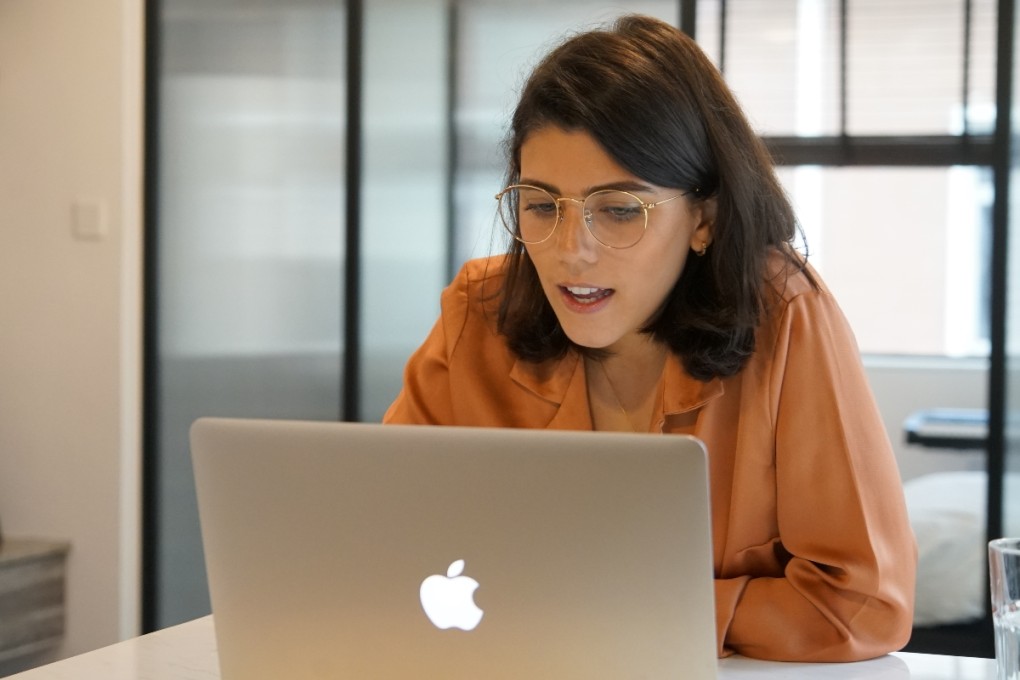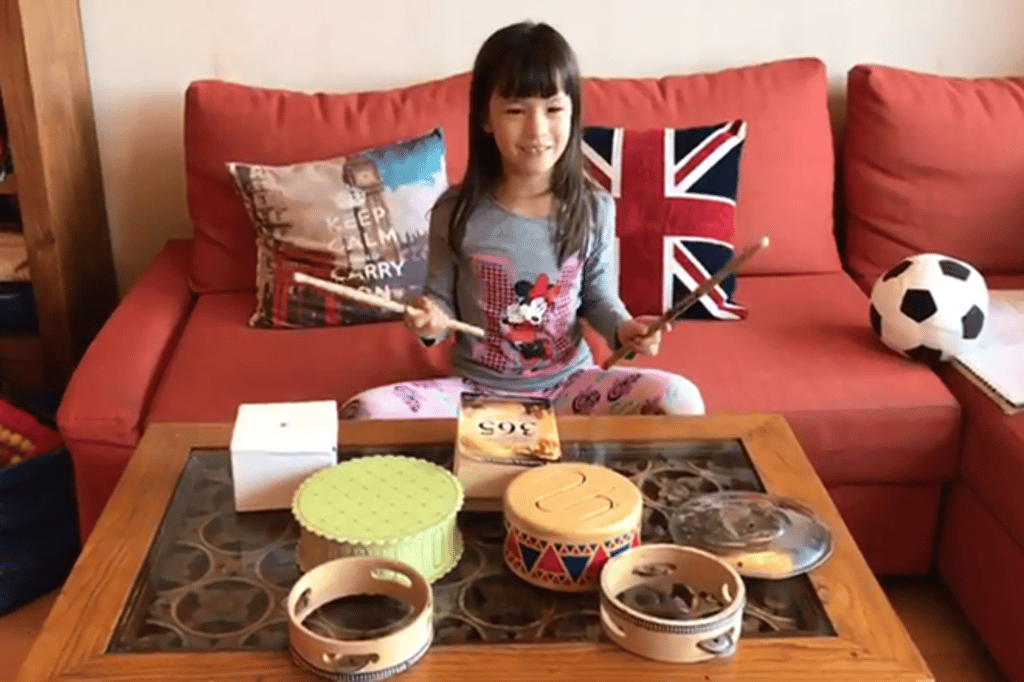YCIS is revolutionising e-learning

[Sponsored Article]
Amid the frustrating school suspension over the coronavirus outbreak, Yew Chung International School (YCIS) is keen to maintain the momentum of its mission in teaching. It was among the first schools in Hong Kong to launch an innovative Virtual Learning Programme which has won adulation from parents and educators worldwide.
Schools from various parts of the world, such as St. Cuthbert’s College in New Zealand, reached out to YCIS for tips and sat in YCIS’s e-learning classes and Zoom coffee meeting with parents to gain insights into the programme.
It’s 2:15 pm on Thursday, a Year 2 student of YCIS Lower Primary programme, is all set to attend her Music e-lesson at home. In front of her is a row of large and small containers and a laptop. “Today, I’m going to make a drum composition,” She says as she starts to tap the inverted vessels with drumsticks to produce a series of rhymed percussion, while her teacher and classmates are observing and interacting with her in real-time.

During school suspension again in the current COVID-19 epidemic, the school quickly adopted virtual learning since February 3, and ensured its effective implementation across its Secondary, Primary and Early Childhood Education sections to minimize the impact and disruption to students’ learning.